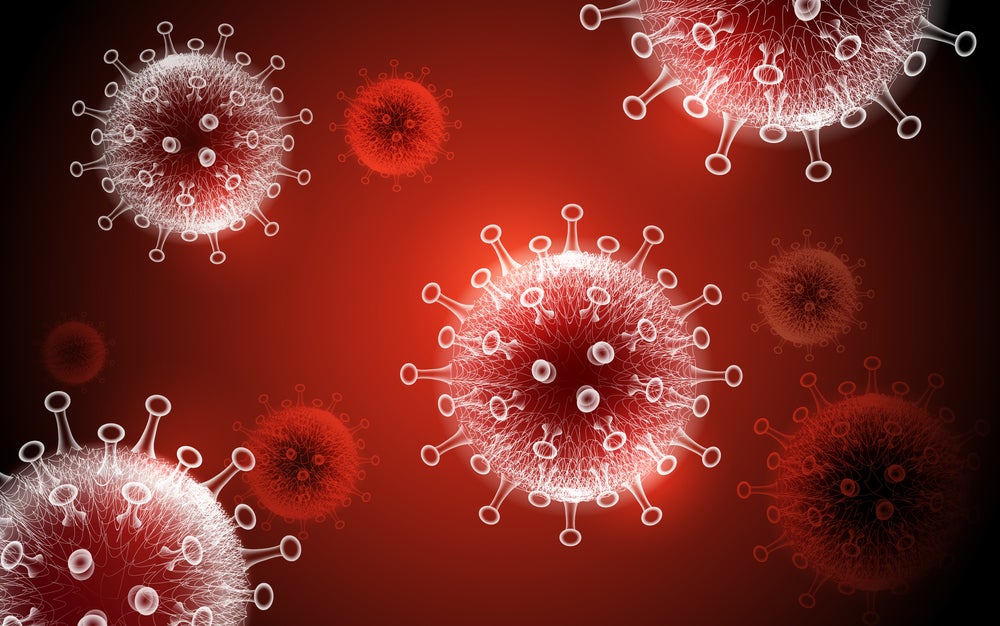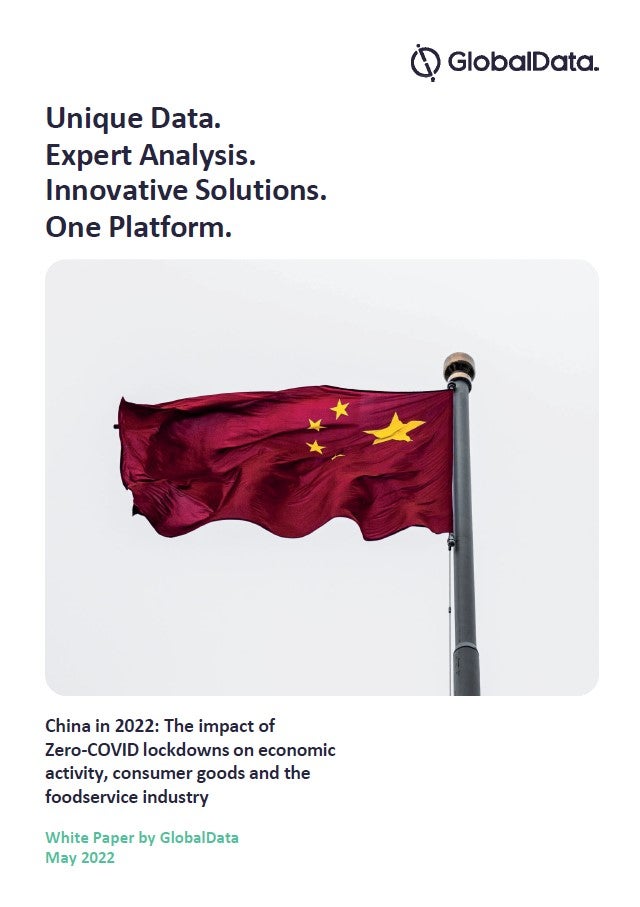
The University of Queensland in Australia has reported positive findings from early preclinical testing of its Covid-19 vaccine candidate.
According to the data, the vaccine candidate raised significant levels of antibodies to neutralise the virus.
The University of Queensland received funding and support from the Coalition for Epidemic Preparedness Innovation (CEPI) to develop a Covid-19 vaccine.
The university collaborated with the Peter Doherty Institute for Infection and Immunity to study the vaccine and its immune response.
University of Melbourne professor Kanta Subbarao, part of the Doherty Institute, analysed samples provided by the UQ team.
How well do you really know your competitors?
Access the most comprehensive Company Profiles on the market, powered by GlobalData. Save hours of research. Gain competitive edge.

Thank you!
Your download email will arrive shortly
Not ready to buy yet? Download a free sample
We are confident about the unique quality of our Company Profiles. However, we want you to make the most beneficial decision for your business, so we offer a free sample that you can download by submitting the below form
By GlobalDataThe preclinical analysis revealed high levels of antibodies that could neutralise infection by the live virus in cell culture, noted UQ.
University of Queensland project co-leader professor Paul Young said: “This is what we were hoping for, and it’s a great relief for the team given the tremendous faith placed in our technology by CEPI, Federal and Queensland Governments and our philanthropic partners.
“We were particularly pleased that the strength of the antibody response was even better than those observed in samples from Covid-19 recovered patients.”
These findings are considered important as similar immune responses in animal models administered with SARS vaccines were observed to result in protection from infection.
The University of Queensland is also working with Viroclinics Xplore in the Netherlands to expedite the vaccine’s development.
The University of Queensland team had prioritised obtaining robust pre-clinical and safety data before advancing the vaccine to human clinical trials.
Joint University of Queensland project leader Dr Keith Chappell noted: “Viroclinics Xplore is investigating in more detail the vaccine’s ability to protect from direct challenge by the live virus in multiple animal models, and without this partnership, this just wouldn’t have been possible in this time frame with the capabilities we have here in Australia.”
Recently, the University of Queensland partnered with Cytiva for manufacturing activities, while discussions are ongoing with other commercial firms.
Other partners for the project include Lonza, Thermo Fisher Scientific, Syneos Health and the CSIRO, CSL/Seqirus, Dynavax and GlaxoSmithKline (GSK).




